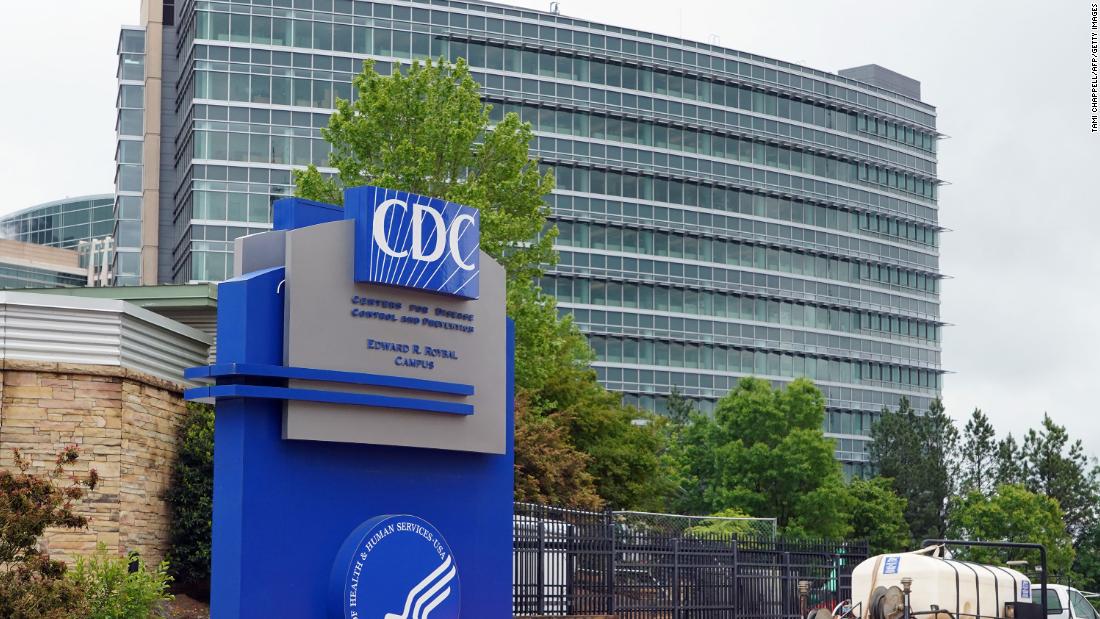Fewer days in quarantine according to CDC 0:43
(CNN Spanish) -
The Centers for Disease Prevention and Control of the United States (CDC for its acronym in English) shorten the number of days that a person must isolate himself if he is suspected of having been infected with the new coronavirus.
Dr. Elmer Huerta explains what the new recommendations are and what this means for the population.
You can listen to this episode on Apple Podcasts, Spotify, or your favorite podcast platform, or read the transcript below.
Hello, I am Dr. Elmer Huerta and this is your daily dose of information on the new coronavirus.
Information that we hope will be useful to take care of your health and that of your family.
Today we will review the new recommendations that will be published in the next few days by the Centers for Disease Prevention and Control of the United States regarding the number of days that a person must isolate when it is suspected that they may have been infected with the new coronavirus.
One of the most frequent questions that you ask us on our Twitter account is related to the possibility of having been infected with covid-19, after having been in contact with an infected person.
advertising
New CDC Recommendations
Until now, the guidelines said that counting the day of contact, the person had to be in isolation for 14 days, during which time the molecular test could be done and the infection could be ruled out or confirmed, and then be a symptomatic or asymptomatic case of the disease .
Now, at a meeting of the White House working group for covid-19, Dr. Robert Redfield, director of the CDC, reported that, in the coming days, the CDC will modify that recommendation.
They will reduce the number of days of isolation of a suspected person to just seven, from the day of contact, if the person has no symptoms and a molecular test is done that is negative, or 10 days if the test is not done and does not develop signs of the illness.
This change requires a review of another definition, which was also recently modified by the CDC, and that is the one that refers to what close contact with an infected person means.
A previous definition, which said that a close contact was that situation in which an individual was less than 2 meters or six feet away for 15 minutes followed by a person with covid-19, was modified to include contacts that during several moments add up to more than 15 minutes.
Former Presidents Obama, Bush and Clinton Volunteer to Get Publicly Vaccinated Against Coronavirus
In other words, there are two situations to suspect a contagion: being with an infected person for 15 minutes in a row, or being with them three times of five minutes each, during one morning, for example.
Quarantine reduction
There is no doubt that halving the days of isolation of an individual who may have been infected will be very convenient for the vast majority of people who previously had to remain isolated for two weeks in a row.
In short, if you have been with an infected person, count that day as day number one and isolate yourself for seven days in a row, and then get a molecular test.
If it comes out negative and you have no symptoms, you can return to your routine of life.
If you can't get tested on day seven, then you'd have to wait until day 10, and if you don't have symptoms, you're good to go.
The problem is that because some studies have found that the average incubation period of the virus is five days and that 97.5 percent of people exposed to the virus develop symptoms on day 12 after infection, it is possible that the new rule causes some infections to be overlooked.
Without a doubt, science is discovering new knowledge every day, so we must be attentive to these advances.
In this podcast, we will try to have for you, the latest discoveries about the pandemic.
Do you have questions about the coronavirus?
Send me your questions on Twitter, we will try to answer them in our next episodes.
You can find me at @DrHuerta.
If you think this podcast is useful, help others find it by rating and reviewing it on your favorite podcast app.
We will be back tomorrow so be sure to subscribe to get the latest episode on your account.
And for the most up-to-date information, you can always head over to CNNEspanol.com.
Thanks for your attention.
If you have any questions you can send them to Dr. Elmer Huerta via Twitter. You can also head over to CNNE.com/coronaviruspodcast for all episodes of our “Coronavirus: Reality vs. Reality” podcast. fiction".
covid-19 quarantine

